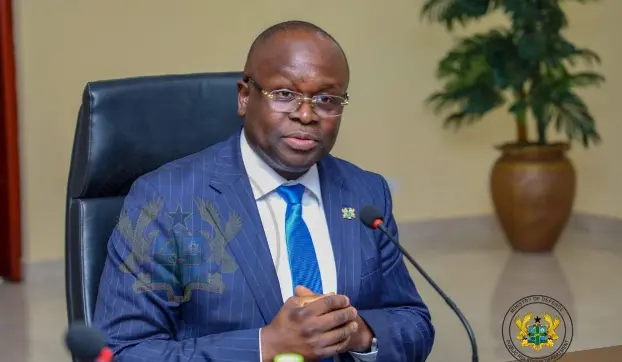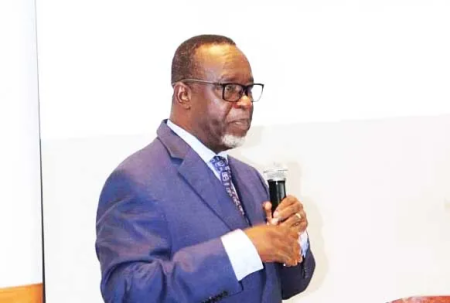The revelation by Ghana’s Minister of Defence, Dr. Edward Omane Boamah, concerning the unaccounted transfer of a substantial quantity of military ammunition to the National Security Secretariat in 2024 has ignited a firestorm of public concern and demands for a thorough investigation. The core issue revolves around the lack of transparency surrounding the transfer and the subsequent disappearance of the ammunition, especially given that the recipient institution, the National Security Secretariat, does not maintain a combat force. This unusual circumstance raises serious questions about the rationale behind the transfer and the potential risks it poses to national security. The Minister’s directive for the National Security Secretariat to investigate itself adds another layer of complexity to the situation, raising concerns about potential conflicts of interest and the ability to conduct an impartial and comprehensive investigation.
The incident underscores a broader concern regarding the management and oversight of military resources within Ghana. The ease with which a large cache of ammunition was transferred to an entity without a clear operational need for such weaponry raises questions about existing protocols and safeguards. It highlights potential vulnerabilities within the system that could be exploited for illicit activities or even contribute to internal instability. The Minister’s public acknowledgment of the incident, while commendable for its transparency, also suggests a potential breakdown in internal communication and accountability mechanisms within the defence and security apparatus. Had this issue been addressed internally and resolved promptly, it likely wouldn’t have escalated into a public scandal.
The public outcry following the Minister’s revelation is understandable, given the implications for national security. The unaccounted ammunition represents a significant risk, as it could potentially fall into the wrong hands, fueling criminal activities, internal conflicts, or even cross-border instability. The lack of transparency surrounding the transfer further exacerbates these concerns, fueling speculation and mistrust. The public’s demand for full disclosure and accountability is a legitimate response to a situation that directly impacts their safety and security. It underscores the importance of transparency and responsible governance in matters of national defense and security.
The Minister’s decision to task the National Security Secretariat with investigating the matter raises questions about the independence and objectivity of the impending investigation. Given that the Secretariat is both the recipient of the ammunition and the subject of the investigation, there is a clear conflict of interest. This arrangement could compromise the integrity of the investigation and potentially lead to a cover-up or an incomplete accounting of the facts. To ensure public trust and confidence in the process, an independent inquiry, perhaps led by a judicial or parliamentary body, would be a more appropriate course of action. Such an independent investigation would not only ascertain the facts of the case but also identify any systemic weaknesses that facilitated the unauthorized transfer and propose corrective measures.
The missing ammunition saga has broader implications for Ghana’s security sector governance. It exposes potential gaps in inter-agency communication, resource management, and oversight mechanisms. The apparent lack of clear protocols for the transfer of military equipment and the absence of robust accountability mechanisms creates an environment conducive to misuse and potential corruption. The incident highlights the urgent need for reforms within the defence and security sectors to strengthen oversight, enhance transparency, and ensure accountability. This includes establishing clear guidelines for the transfer and management of military resources, implementing robust inventory control systems, and promoting inter-agency communication and cooperation.
Ultimately, the resolution of this issue and the implementation of necessary reforms will be crucial for restoring public trust in Ghana’s security institutions. A thorough, transparent, and independent investigation is paramount to uncovering the truth about the missing ammunition and identifying those responsible. Furthermore, the government must demonstrate a commitment to addressing the underlying systemic weaknesses that enabled this incident to occur. By taking decisive action and implementing necessary reforms, the government can not only address the immediate concerns regarding the missing ammunition but also strengthen Ghana’s security architecture and enhance public confidence in the institutions entrusted with their safety and security. Failure to do so will not only perpetuate mistrust but also leave the nation vulnerable to future security breaches and erode public confidence in the government’s ability to safeguard national interests.














